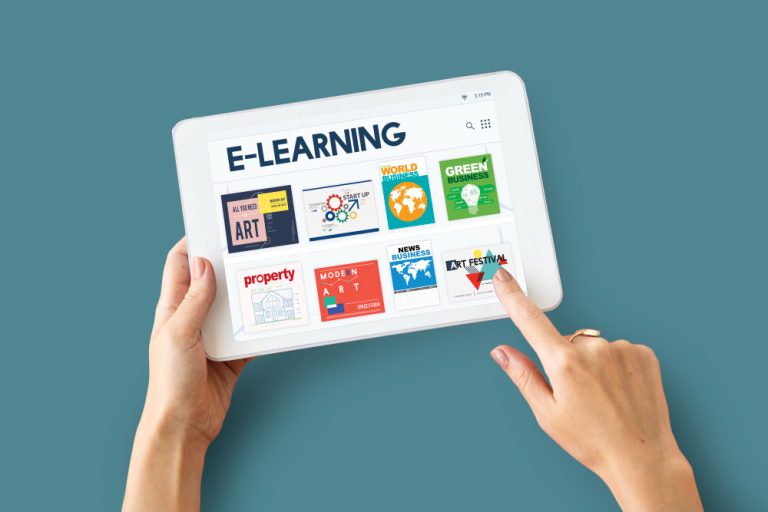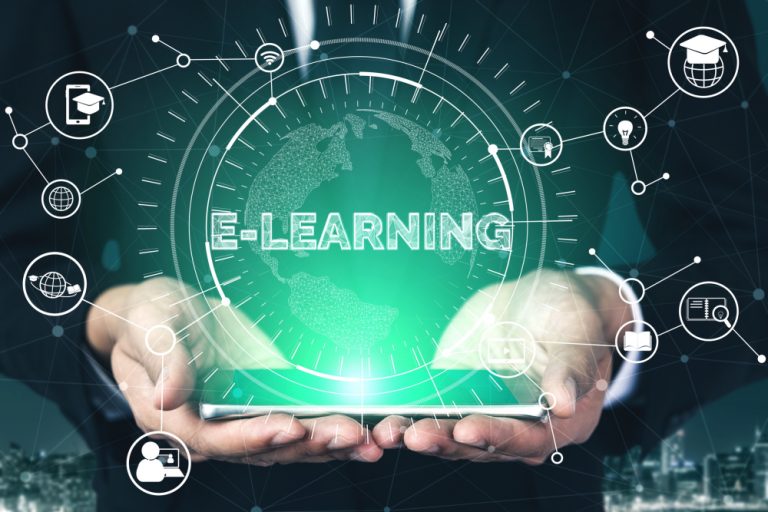
In the heart of India, where remote and underserved communities often lack access to vital educational resources, the NIIT Foundation has launched a transformative initiative to bridge the digital divide. The Digital Bus Initiative is a groundbreaking project designed to bring technology and skill training directly to these regions. As the world increasingly shifts towards a digital economy, it is crucial to ensure that no one is left behind, and this mobile classroom seeks to empower communities with digital literacy skills, providing them a wealth of opportunities.
The digital bus is equipped with state-of-the-art facilities, including computers, internet connectivity, and other digital tools, effectively transforming it into a mobile hub of learning. Each stop it makes is a beacon of hope for those yearning to learn and grow but lack the resources. By bringing essential digital education to doorstep areas, this initiative plays a significant role in making education more accessible and inclusive. The bus visits villages, towns, and schools, offering courses on topics ranging from basic computer skills to advanced technology training.
A central aspect of the Digital Bus Initiative is its focus on e-learning, which offers these communities access to diverse online resources. E-learning platforms provide a flexible approach to education, allowing learners to pace their development according to their comfort level. This flexibility is particularly beneficial in rural areas where traditional educational infrastructure might be limited, helping people continue their learning journey without disruption. The educational programs are designed to cater to varied needs, ensuring personalized training that significantly enhances learning outcomes.
Moreover, the NIIT Foundation is keen on involving community members in the educational process by engaging local educators and leaders to spearhead sessions. This localization ensures that the training material is culturally relevant and meets the specific needs of each community. By integrating indigenous knowledge with modern technology, this initiative fosters a unique learning environment that respects and builds upon the existing community knowledge base. Such a collaborative approach not only builds skills but also strengthens the community’s confidence in embracing digital solutions.
The real impact of the Digital Bus Initiative is evident in the stories of its learners who have found new opportunities as a result of these programs. From young students who now aspire to tech careers to adults who have embraced digital entrepreneurship, the skills acquired have empowered many to explore new avenues for livelihood. This empowerment goes beyond mere training; it breaks barriers and provides the tools to participate actively in the digital world, fundamentally altering life courses.
Apart from education, the initiative also emphasizes the importance of awareness about vital digital issues such as cybersecurity, online resources, and digital health. It ensures that communities are not only users of technology but also conscious consumers and become participants in today’s interconnected world. The extensive training programs provide insights into these elements, emphasizing the responsible use of technology in everyday life. Consequently, participants are not only gaining skills but also broader awareness that informs safer and more effective technology use.
In conclusion, the Digital Bus Initiative by the NIIT Foundation marks a pivotal move in addressing the digital divide in India, steering underserved communities towards a brighter future. By leveraging the power of technology and innovative e-learning, it is transforming challenges into opportunities. As more buses journey across the vast landscapes of India, they carry with them the promise of digital empowerment, affirming that technology can indeed be a great equalizer in bridging the gaps across diverse communities. This initiative stands as a testament to the transformative potential of digital education, a beacon of change driving towards a more inclusive world.



